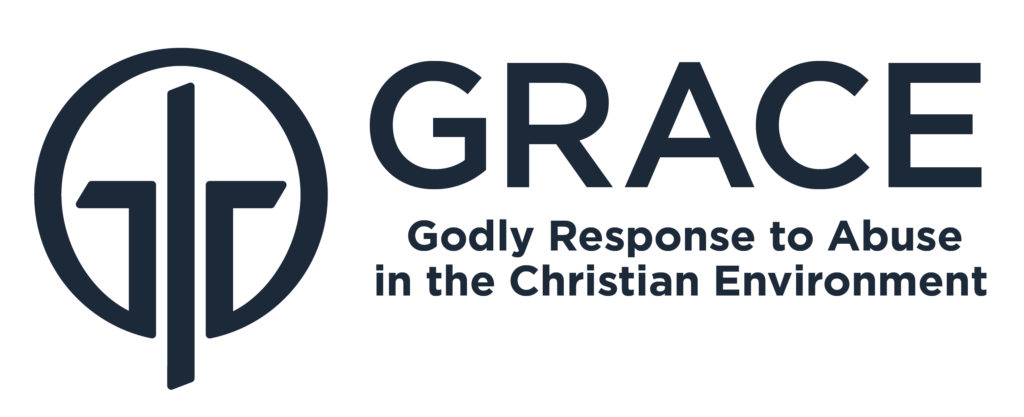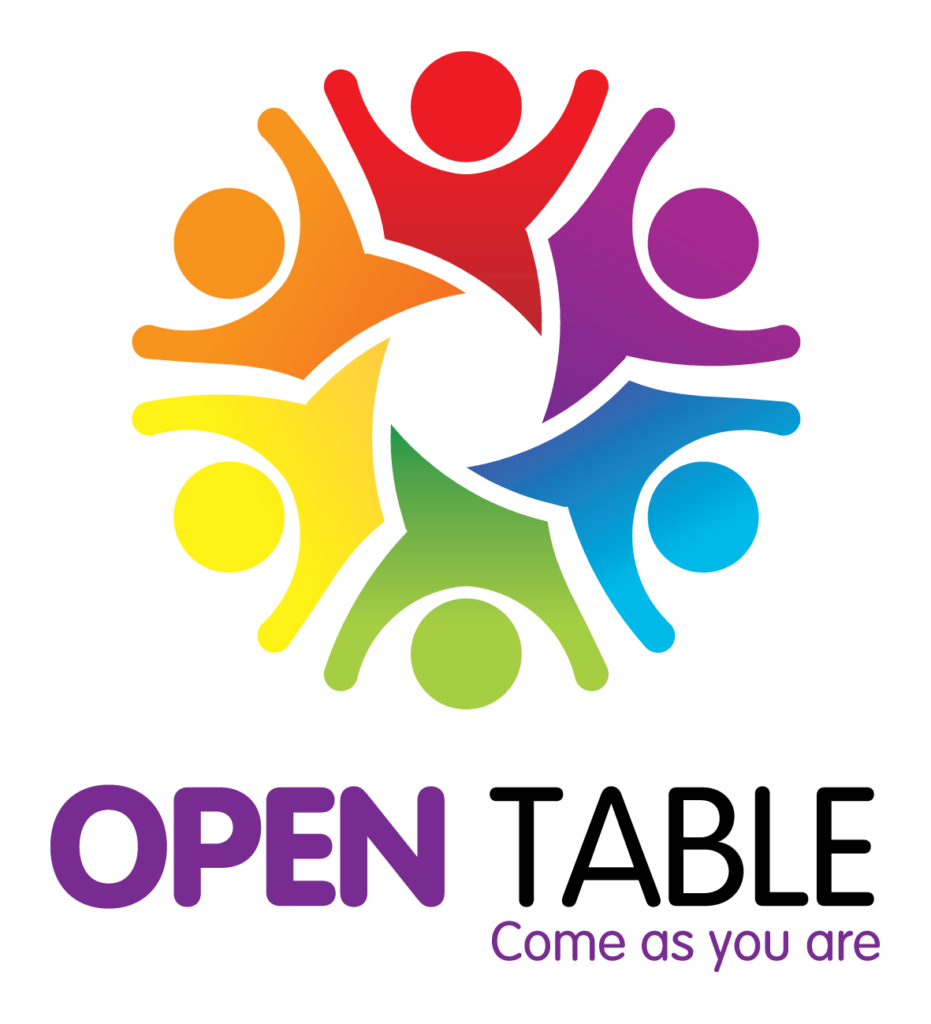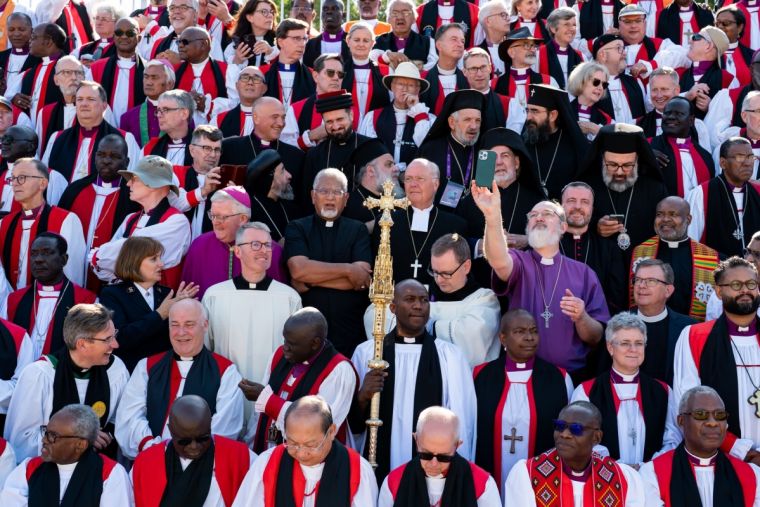
This release of a music video written especially for survivors of Church of England abuse is a first in the history of safeguarding. I hope my readers will listen to the song two or three times and recognise that the story of suffering by survivor N is one shared by many others. Martyn Percy has added a commentary and this shows the way that the story of survivor N fits a wider picture of institutional incompetence and cruelty. Ed.
Liam Ó Maonlaí of the Hothouse Flowers, Steve Cooney, Tommy Sands and other international stars of Irish music have released a song to highlight abuse in the Church of England, and the victimisation of complainants.
The group calling itself “Musicians for Justice” includes stars of traditional Irish music, Liam Ó Maonlaí of the Hothouse Flowers, renowned trad guitarist, Steve Cooney, and celebrated international singer-songwriter and peace activist, Tommy Sands, as well as younger talent. The song “Collusion” has also been published on YouTube with film footage from the Diocese of London, Lambeth Palace and Ireland, and can be accessed here, together with the full statement:
http://www.churchofenglandabuse.com/
Musicians for Justice said, “Up until now, survivors and whistleblowers of abuse within churches and religious institutions have had no anthem, no song to sing, no salving melody for pain and suffering, and so we humbly offer this Irish tribute to them all. You are true saints and true prophets of our age, and you carry the spirit of true faith more Christ-like than the institutions of abuse”.
Musicians for Justice has published a statement describing how their song “Collusion” was inspired by a horrific story broken by the Editor of the Church of England Newspaper about an abuse survivor from Ireland who had filed a legal complaint of clergy abuse with the Bishop of London under the Clergy Discipline Measure 2003. http://churchabuse.org/church_of_england_newspaper.pdf
Martyn Percy adds here his own commentary on the story of Survivor N and the way that it dovetails into his own story and the wider story of other survivors who still search for justice.
In September 2020 the Very Rev’d Prof. Martyn Percy, members of General Synod of the Church of England and others requested an independent inquiry into the grossly incompetent and potentially corrupt processing in Church of England Safeguarding. This request was repeated in the autumn of 2021 to the Archbishops’ Council. It was repeated again in March 2022, this time directly to both Archbishops.
The requests were all ignored. This was despite written evidence presented that included conspiracy, shoddy practices, secrecy and deceit, lack of transparency, investigations that deliberately suppressed evidence, and the setting up of biased reviews and investigations purporting to be independent.
In the case of Martyn Percy, he had been subjected to irregular and faked Risk Assessments, breaches of safeguarding protocols, repeated coverups, and a refusal to own up to “project-managed-persecution” run by senior clergy and church lawyers. In March 2022, an extensive dossier of written evidence and a request for an Independent Inquiry was formally tabled to both Archbishops, with the Archbishops’ Council having previously failed to respond to the correspondence and specific concerns expressed.
The request especially petitioned that senior church officers, senior clergy, lawyers and PR agents would be subjects of such an inquiry. This included the Church of England National Safeguarding Team (NST), Diocese and Bishop of Oxford, the Church of England’s lawyers Winckworth Sherwood LLP, the Church-employed reputation management company Luther Pendragon Limited, and those who had been party to the deliberate “weaponization of safeguarding”, with the intention of harming Prof. Percy. This misconduct included overt malfeasance, corruption, gross incompetence and cover-ups in the carriage of safeguarding. The misconduct and corruption also included the operations of the lawyers and reputation management agents for the Church, knowingly manufacturing, curating and amplifying falsified “safeguarding concerns” in order to deliberately cause financial, personal and reputational damage to Prof. Percy.
The lawyers and PR agents lobbied the media to plant damaging stories. The lawyers attempted to interfere with police, Clergy Discipline Measure (CDM) and other inquiries they had stoked against Prof. Percy – in so doing potentially attempting to pervert the cause of justice. The same lawyers issued litigious and bullying threats against clergy colleagues supporting Prof. Percy. The same lawyers, who also worked for the Diocese of Oxford, had accepted legal instruction to “act against the Dean (i.e., Martyn Percy)”, even though this was a clear conflict of interest. They denied this.
The Archbishops declined to take any action against their lawyers, reputation management agents, senior officers, National Safeguarding Team and senior clergy. Instead, they commissioned the newly-formed Independent Safeguarding Board (ISB) to investigate. The ISB had never undertaken any work of this kind. The ISB drew up terms of reference that were biased and badly drafted. They would also only reinvestigate allegations already made against Prof. Percy which had already been previously dismissed. The ISB then declared it would now not be investigating the concerns he had raised. The ISB also confirmed they did not regard Prof. Percy as a victim or as even a complainant.
The Archbishops’ Council and the Bishop of Oxford was confirmed as one of the commissioners of the ISB process. The Bishop’s lawyers are Winckworth Sherwood LLP. Their reputation management agents are Luther Pendragon Limited. The Archbishop of Canterbury also retains Winckworth Sherwood as his legal advisers. So do seven other Church of England Dioceses. Prof. Percy had requested both be investigated.
The ISB was presented to General Synod in February 2022 as a fully independent body. The ISB proceeded to assert the same at the time, and again in July 2022. Yet when it became clear the ISB was malfunctioning, improperly constituted, and otherwise inept, the ISB promptly confirmed that it had no financial, legal or governance existence of its own, let alone any independence, from the Archbishops’ Council., who were funding it and overseeing it.
The Archbishops deny there are any issues with conflicts of interest. The NST, Bishop of Oxford, ISB and the Archbishops’ Council have all refused to disclose their conflict of interest policies or even to confirm if they have one (or not).
Survivors N’s experiences are, sadly, typical of the current leadership of the Church of England. The collusion, coverups, misconduct, incompetence and corruption in safeguarding are well known. The Archbishops do nothing. The Church of England leadership is only concerned with safeguarding its own reputation. There is simply no commitment to any truth, justice, integrity, transparency, accountability, external scrutiny or regulatory intervention. The Independent Safeguarding Board and National Safeguarding Team do not operate policies or Terms of Reference that are compliant with GDPR, Human Rights Act 1998 and Equality Act 2010.
The Archbishops deny that normal data, human or employment rights are being withheld from respondents or complainants in National Safeguarding Team or Independent Safeguarding Board procedures. The entire Safeguarding processes of the Church of England are now an indelible, immoral and festering wound in the heart and soul of the church. Church of England safeguarding processes are inherently unsafe, partial, politicised and weaponised.
Still the Archbishops say and do nothing. That is why we must all protest, and invite everybody to show solidarity with the abused, and stand apart from the Church of England until such time as it submits, completely, to public standards of justice and truth…then repents, apologises and starts full and proper redress for its victims. Until then, the Church of England remains unsafe, and is in unsafe hands.
The Very Revd. Prof. Martyn Percy
Lyrics of the Song
I sing a song of freedom from injustice and from pain
I sing of gentle people daring to complain
I sing about a steeple looking down on London Town
I sing about a Bishop, an advisor to the Crown
And I sing of an abuser, travelling as a priest
With influence and power as a Chaplain to the police
I do not sing for vengeance, I do not sing for gain
I sing that Christianity be Christian once again
Chorus:
If there’s collusion…
Where are we to turn? Where is right or wrong?
If there’s collusion…
When makers of the law are breakers of the law
Until there is no law at all
And I sing about Survivor N, his name I can’t release
Vulnerable and just another victim of the priest
Complaining at the station but they did not lend an ear
And so I sing my song for you that everyone can hear
And when he told his story and that cannot be denied
They hunted every law book, every loophole they could find
“You might be right but have no right to speak out as you please
Speaking truth to power is dangerous journalese!”
Chorus:
Some friends they gathered round him to share their deep concern
In an e-mail to the Bishop that they privately did send
But confidence the Bishop broke and leaked it to the priest
Who used it then to get his victim charged by the police
“Luther Pendragon”, have you heard that name before?
Priceless in defending indefensible behaviour
From the tobacco companies and those of nuclear waste
And now the Church of Jesus Christ pays them for defence
Chorus:
A young man he is dying on the banks of the Lee
As far away from steeples, just as far as he could be
A female jogger found him, she brought him back to life
Such stress upon the vulnerable can lead to suicide
So I sing a song of freedom from injustice and from pain
I sing of gentle people daring to complain
I do not sing for vengeance, I do not sing for gain
I sing that Christianity be Christian once again
Chorus:





